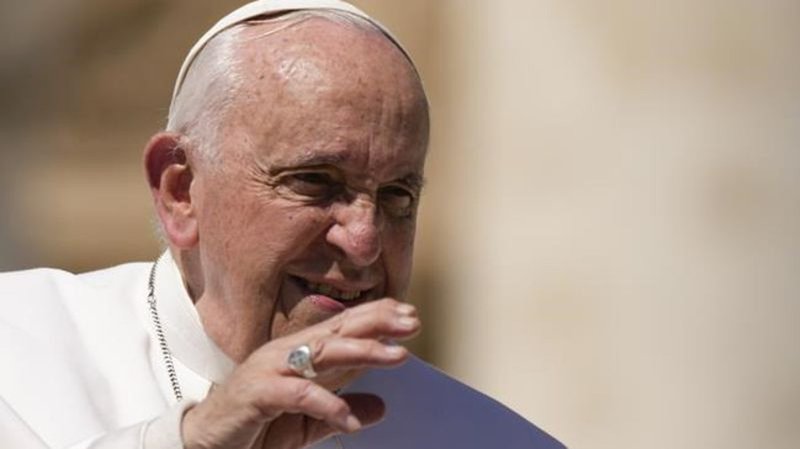
Pope allows women to vote at upcoming bishops’ meeting
VATICAN CITY (AP) — Pope Francis has decided to give women the right to vote at an upcoming meeting of bishops, an historic reform that reflects his hopes to give women greater decision-making responsibilities and laypeople more say in the life of the Catholic Church.
Francis approved changes to the norms governing the Synod of Bishops, a Vatican body that gathers the world’s bishops together for periodic meetings, following years of demands by women to have the right to vote.
The Vatican on Wednesday published the modifications he approved, which emphasize his vision for the lay faithful taking on a greater role in church affairs that have long been left to clerics, bishops and cardinals.
Catholic women’s groups that have long criticized the Vatican for treating women as second-class citizens immediately praised the move as historic in the history of the church.


